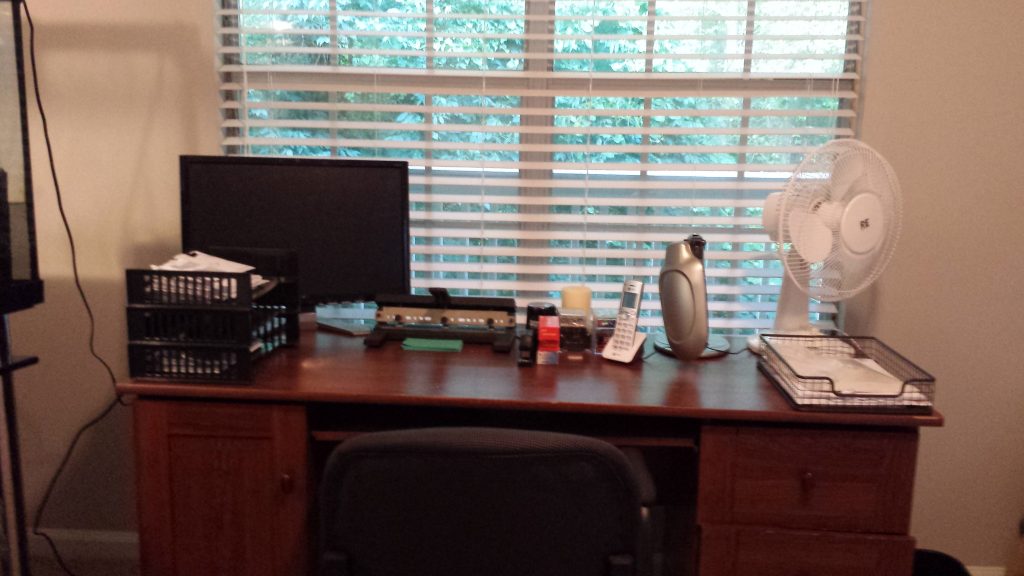By Ericka Simpson
Find out how you could get hired faster. The speed up starts with your resume. Your job search cover letter, online portfolio, networking habits, interviewing and follow-up skills are also crucial, among other factors mentioned below. Don’t just read this job search advice with an open mind. Stay open, flexible and courageous enough to implement needed changes.
Resumes that help you get hired faster
More than 10 years of human resources work has taught me many valuable facts about the job hiring process. Before the Internet explosion, a lot of recruiters didn’t read job search cover letters. Recruiters do pay a lot of attention to your resume.
Resume must haves include your name and contact information. Please don’t forget your telephone number and email address. If you’re on LinkedIn, include your LinkedIn URL (preferably a customized LinkedIn URL). Make sure that your LinkedIn page is used solely for business and networking purposes. Impression is everything when you’re trying to get hired faster.
Add your work history. Indicate start and end dates for jobs you’ve worked. Also, indicate the industry that the company operates in. Why? Prospective employers like it when you have deep experience in the industry they’re business is in.
Use bullets to highlight key accomplishments. Put values on accomplishments. For example, you could state that you created a database that reduced procedural redundancies by 35%, saving the organization 3% in lost revenues. Keep bulleted highlights short. You can expand on accomplishments during job interviews.
Insert good keywords into your resume. Choose keywords that align with job titles that match your skills. Other good keywords are terms found in requirements and description sections of jobs that you want to get hired faster for. This is important. Recruiters and employers use search tools to find resumes that match skills and experience that they’re looking for in employees.
If you’re open to working two or more different types of jobs to get hired faster, create a resume for each different job type that you want. So, you may need a human resources specialist, executive assistant and a customer service representative resume, as an example.
Other things you can do to get hired faster
To get hired faster, create a professional LinkedIn profile, if you don’t already have one. Reach out to recruiters and people you know at organizations where you want to work. Let them know when you apply for jobs and ask them if they know someone who you could connect with to get additional insights about the role.
Make this a two-way relationship. In other words, help others on LinkedIn, the same as you want contacts to help you. Other places to network to get hired faster include Twitter (Yes, Twitter; you might be surprised how many companies are on Twitter), job fairs, internships, volunteer events and professional association learning and networking events.
Create an online portfolio to showcase your talents. This is becoming somewhat of a “must have” for graphic designers, freelance writers, coders and other marketing and visual workers.
Practice job interviews with friends or relatives. Know someone who has human resources experience? Ask them to offer suggestions on how you could improve your job interviewing skills.
Follow-up via email and/or telephone a few days after you apply for a job. Consider creating a spreadsheet to track jobs that you apply for. Add recruiter and employer contact information to the spreadsheet to help with the follow-up process.
But, perhaps most important of all, track your progress. If you don’t land a job interview within three weeks of applying for jobs, review your job search cover letter and your resume. Change keywords if you have to. Network on different days of the week or at different networking events. Being open to change is a key if you want to get hired faster. So too is improving your confidence. Encourage yourself if you start talking yourself out of applying for higher pays jobs that you have the skills for. Push ahead if you get tempted to wait for recruiters and employers to respond to you first, instead of you following up.







You must be logged in to post a comment.